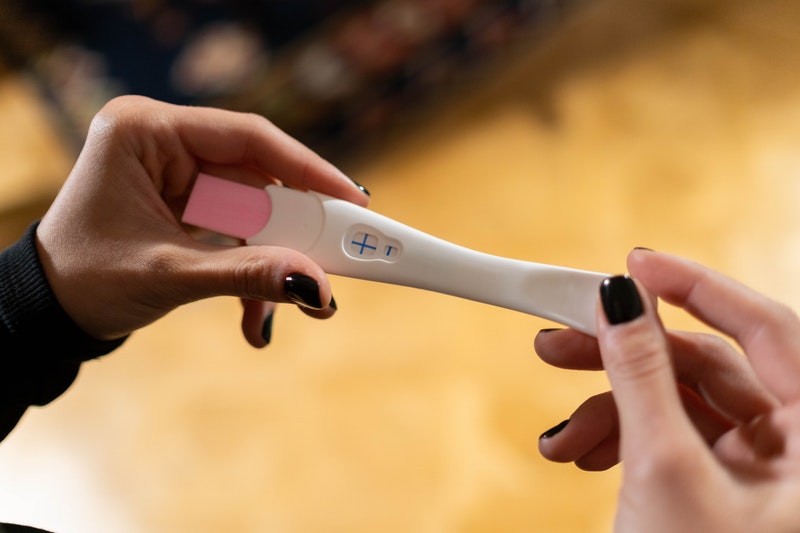Your choice of birth control depends on your lifestyle, health, whether you’d like to have children in the next few years, and other factors. Before choosing a method, your provider at B&B Family Medicine Clinics Medical Group talks with you about:
- How often do you have sex
- Your sex partners
- Your health
- If and when you plan to have kids
- Whether it’s easy for you to remember to take a daily pill
It’s also a good idea to discuss preventing sexually transmitted infections. Many methods don’t prevent STIs. Condoms are the best option to prevent STIs.
If you’ve been thinking about going on birth control or are dissatisfied with your current method, it’s time to take charge of your future with the right family planning services. Call or schedule an online consultation today with B&B Family Medicine Clinics.


